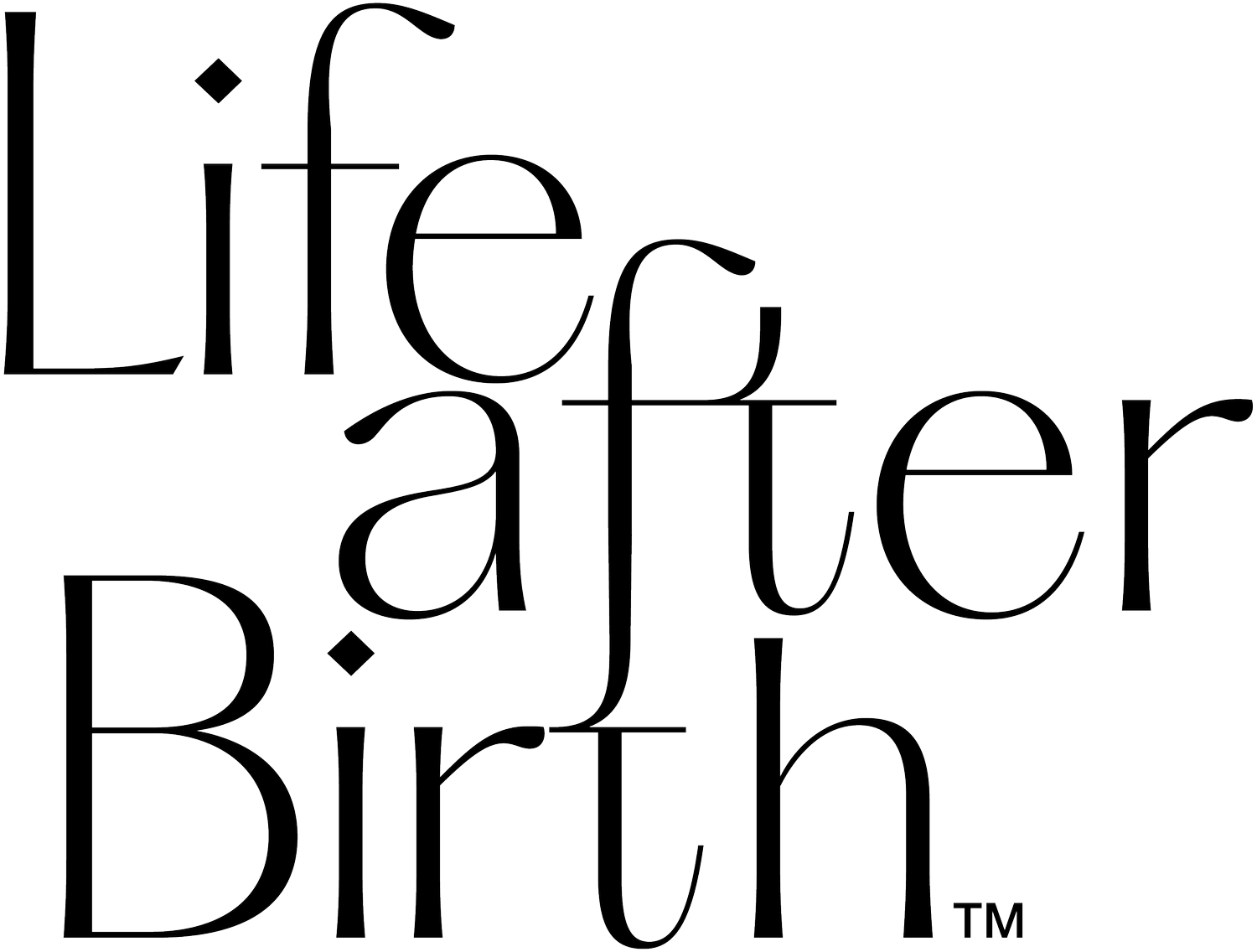Shedding light on eating disorders during pregnancy
Pregnancy is universally seen as a blessing and a time to glow, but some women are robbed of this unique experience by their disordered eating. It is difficult to imagine a woman who is responsible for the growing child in her womb drastically restricting food intake or intentionally vomiting after a meal. Reality reveals this to be happening far too often and in secret.
My research shows that approximately 28% of pregnant women struggle with some form of an eating disorder or disordered eating.
Having a baby is one of the most stressful times in a woman’s life, yet we pressure women into believing that it’s the most euphoric. . . Women are often afraid to say, “I have anxiety” or “I have depression,” let alone “I have a history with an eating disorder and it has actually come back.” It’s something that tends to go quietly underground.
Moreover, as journalist Raine Delisle (2021) noted, symptoms of EDs (eating disorders) can be difficult to spot and research has found that pregnant women seldom tell the maternity care providers about their ED, whether from shame or fear of child protective services intervening.
Eating disorder risks while pregnant
Psychologists Jillayne Hollifield and Juli Hobdy (1990) studied how bulimia can complicate pregnancy and what goes on in the mind of a bulimic pregnant woman to justify her ED behavior. They found, the pregnant bulimic women we interviewed continued to be preoccupied with food and weight concerns and continued to binge and purge throughout their pregnancies. These women experienced enormous guilt over engaging in practices that compromised the health of their unborn children, yet they were unable to refrain from these practices on a reliable basis. (p. 249) Many of the women interviewed rationalized their actions by telling themselves that women vomit throughout their pregnancy because of morning sickness. Therefore, it was okay if they threw up occasionally.
A pregnant woman with an active ED is also more likely to have postpartum depression. According to Franko et al. (2001), nearly one-half of the women in the study with the symptoms of an eating disorder reported postpartum depression that was confirmed by medical records (p.1465).
“Shame and secrecy continue to surround anorexia nervosa and bulimia despite extensive public awareness and media publicity” (Lemberg & Philips, 1989, p. 294). Shame about their behaviors, already experienced but now compounded by pregnancy (Delisle, 2021; Murkoff et al., 2002), demonstrates the depth psychological phenomenon of shadow.
From a Jungian perspective, a symptom, such as an ED, is a symbolic message that points beyond itself to unconscious content that would compensate or balance the conscious attitude if integrated into consciousness (1921/1971, p. 420). However, as Woodman (1980) found among her analysands, “possession” by the unconscious content “takes over in the form of” ED as a symptom of the patient’s repressed personal agency and fear of loss of control (p. 57). In other words, the more one ignores the shadow, the more it threatens to surface, then the more one becomes obsessed with repressive behaviors, creating a vicious cycle.
Pre & postnatal eating disorder treatment
In terms of the medical environment, numerous researchers believe that pressure should be taken off doctor’s office visit weigh-ins (Rand et al., 1987). Rand et al. (1987) suggested that “omitting routine weighing or having women turn away from the scale might be beneficial and avoid provoking anxiety or an emotional crisis” (p. 672).
The medical and psychological fields need to recognize that pregnancy can be an extremely vulnerable time for mental health and ED and give women the grace, support, and compassion they require. In this regard, collaboration between the fields of psychology and medicine is critical. In the future, I hope there will be dedicated therapists working in conjunction with OB-GYN offices to assist doctors and nurses in their assessments of clients, as well as to help women to voice and address their mental health needs.
Lacking proper role models
In her book Addiction to Perfection, Woodman (1982) described in detail how today’s women have no role model or divine feminine to lead them. She stated, “The modern Ms. is swirling in limbo with no past to look to for role models, no secure present, and no known future” (p. 118). Woodman also asserted that many women today are in search of the authentic feminine, forced underground centuries ago by a patriarchal society. Woodman added that for a woman with an ED, embracing her feminine self “means surrendering control . . . and plummeting through chaotic darkness into an abyss that has no bottom” (p. 96). Woodman discussed a patient for whom the control found in the denial of food gave her a sense of “moral strength” to compensate for repressed personal agency (p. 57). Woodman found that in treating EDs, once a woman has experienced the Self—the wholeness of her being, conscious and unconscious, and inclusive of the archetypal masculine and feminine—“then she can consciously relax into her own womanhood” (p. 111).
Much of my healing came from learning about and applying feminist theory.
Using this theory, I challenged the experts in my world. This may involve helping the woman locate in her cultural and interpersonal milieu messages that impressed upon her the need to be thin and perfect and seeded in her fears of rejection and being out of control.
I am using what I learned from this research to offer treatment options for women during all stages of their reproductive lives.
This article is adapted from “Eating Disorders: The Shadow Over Pregnancy” written by Rebecca Stevens, Registered Associate Marriage & Family Therapist
Rebecca’s areas of expertise and focus include disordered eating recovery and relapse, pregnancy, and postpartum depression with a depth psychology perspective. To schedule a consultation with Rebecca, use this link: Individual therapy consultation
